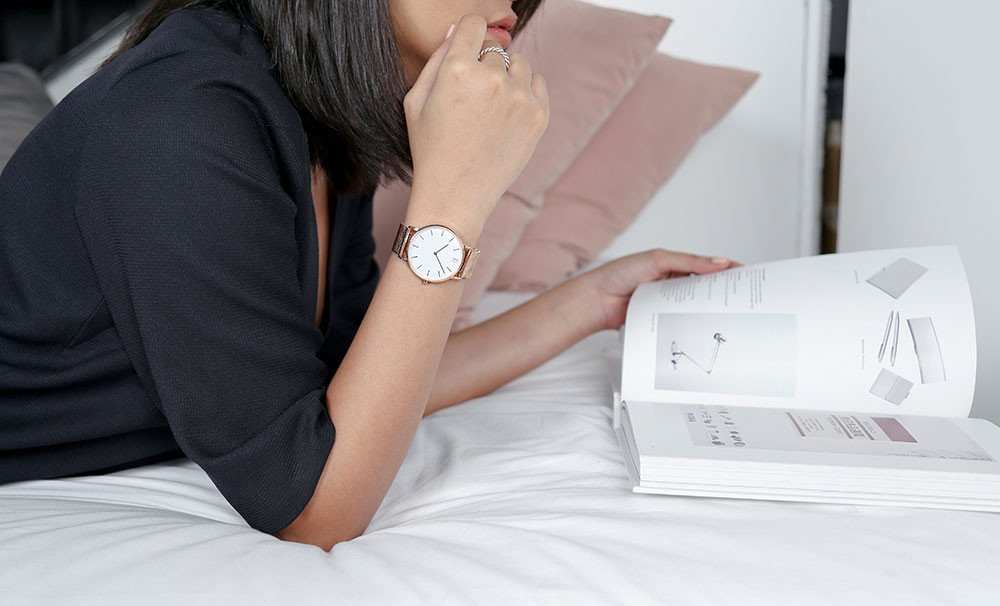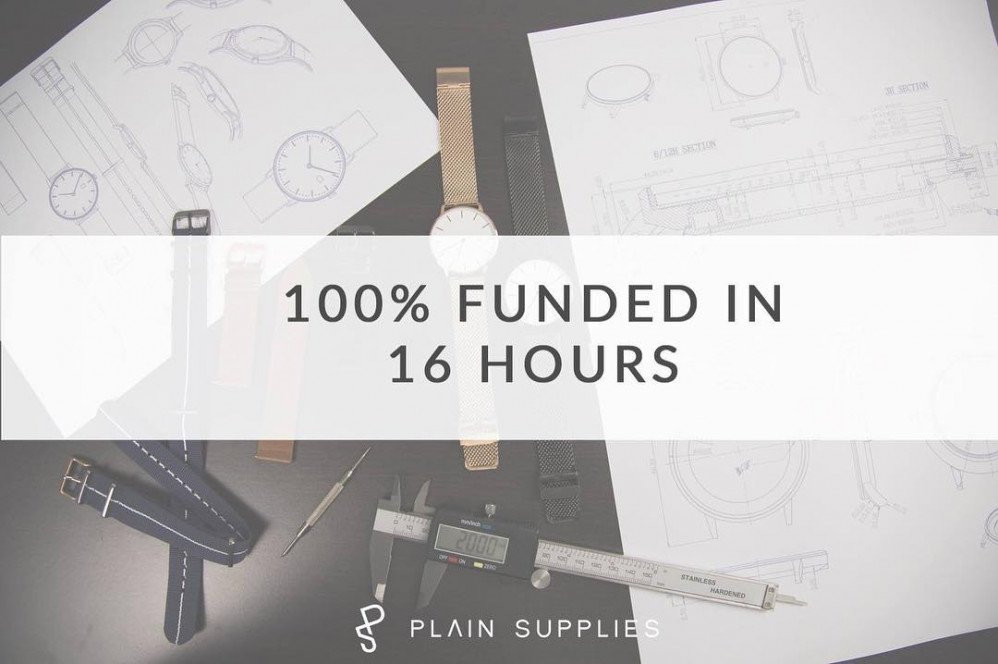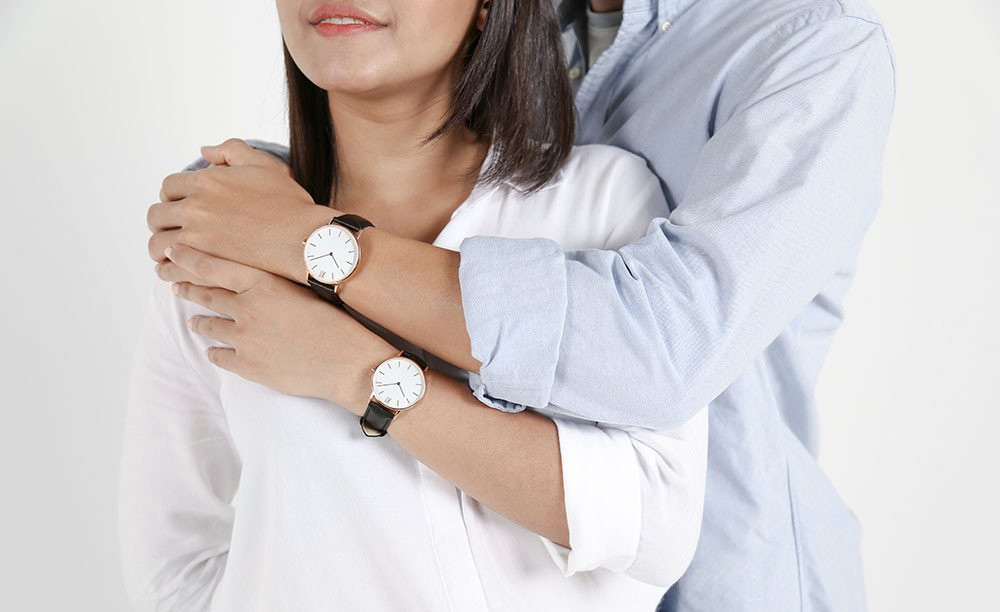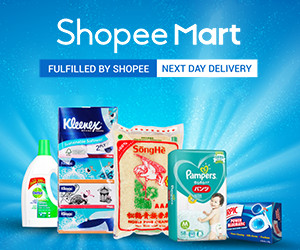After a successful $25,000 Kickstarter campaign, these everyday watches with quality and simplicity embedded in their design philosophy have since garnered a strong following of fans and supporters. Mandelena Koh, co-founder of Plain Supplies, shares with STYLEGUIDE about the founding of this well-received homegrown watch brand and how positivity is an influence for her.
How did you get started and what inspired you at the beginning?
I founded Plain Supplies together with my co-founder Shen back in 2014. We were playing around with the idea of starting our own brand offering unisex accessories back in the beginning of 2014. The birth of the idea of PLAIN SUPPLIES came about a conversation over dinner when we realised that many things tended to be either very male-centric or female-centric.
At that time, we noticed that there weren’t any local brands in the market offering unisex, minimally designed watches and accessories. We immediately hopped on the idea of providing high-quality accessories that are “Made for Everyone”. Hence we started with a simple goal – to create and curate minimalistic products that were of great quality yet reasonably priced for mass consumers.
We want to create a timepiece that is “more than a watch”. Apart from serving the very practical function of making sure we get to our appointments on time, the watch can be an essential sartorial choice. We felt there was a need to own one watch that will rule all dress codes and suit every occasion.
Thus, that led us to build a watch label that we call our very own.
We positioned our design to be “understated” but at the same time not compromising the quality/materials used in any way. We wanted to create a timepiece that is relevant and relatable to everyone.

What makes Plain Supplies unique?
If you notice our products, you will not be able to find our branding on the surface of our products. Apart from the fact that simplicity is the key, we want to look past visible branding and instead rely on quality.
We believe that good design is useless without functionality.
How do you define a ‘quality piece’ in terms of watches?
You can do that by looking at the specifications listed for the watch. For example if you compare different brands, sometimes the materials that they end up using are all the same. The quality comes from the materials used to make the watch.
For the movement of our watches, which is the mechanism or rather the skeleton of the watch, we use materials that are directly imported from Japan. This is actually the same material used by other notable watch brands in the medium-range.
Most times as well, people end up paying more for the brand instead of the materials used to make the watch. There is this perception that you need to spend at a certain price point in order to own a good timepiece, but actually you don’t have to.
Hence, we wanted to create something to bridge this gap and to let people realise that the reason why we are pricing our products at a lower price point compared to others is because we want to keep it affordable and accessible to the masses.
We have customers who are young who can only afford to buy something if it’s not way too expensive. At the same time, we also have working adults who come to us because they believe that a product should be examined in terms of quality over branding.
What were some of the biggest challenges that you faced throughout this journey?
One major setback that we experienced would be our Kickstarter project. We only had a short time to prepare for the whole project, and our launch for the product on Kickstarter got pushed back by a week because of a technical glitch.
We were left clueless as to the fate of our project basically.
This was the biggest setback because we had gone all out for our marketing, with customers ready and waiting for the product to launch on that day itself.
It was a stressful week for us to cope with as the launch date we had publicly committed to did not work out as planned
Then again, you can say we’ve also reached a personal breakthrough due to this – a lot more people right now know about us compared to before because of Kickstarter.
It was just very hard at the start without the Kickstarter project. We were just nobody when we started out trying to break into this industry. It’s hard to even just be ‘there’, much less reaching to be one of the forefront brands known in the watch industry.
From other peoples’ point of views these days, they would think or assume that jobs like doing sales, handling the booth or pop-up stalls will always be delegated to temporary part-timers. But for us, we run it ourselves. We do everything from head to toe by ourselves.
That’s actually one of the challenges as well, because then we’d have to consider if it’s viable to sustain this for the long run.
We definitely need to expand the team if we want ‘Plain Supplies’ to get bigger.
And one of the challenges we have right now is that we do not have a huge team. Aside from going out of office, we also have a lot of online backlog work that we have to settle. There’s still administrative work to complete, online campaigns to run and the list just goes on.

What do you think about the support from Singaporeans for your Kickstarter project?
We did see a lot of support from Singaporeans! Initially when we started this, we just got our friends to help us share. But as it turns out, quite a number of them actually decided to back the project - this was something we were very shocked about.
We were just sending messages into our personal group chats, writing a note and asking if they could do us a favour by sharing our Kickstarter page to their Facebook. We only hoped that they would help us do a shout out, and nothing more. But our friends were actually waiting to back our project on Kickstarter as well.
It was very touching when we found out. Our friends went all out to understand how Kickstarter worked, just so they could back and support us in this venture.
It was also very heart-warming for me as well when random people, whether it’s customers or mutual friends, mention that they’ve seen our Kickstarter page. These random instances count for me.
Or when we do pop-ups, sometimes customers or people that walk past will say, “Oh, I’ve seen this advertisement on Facebook before”.
I will immediately go, “Yes, the advertisement is set by me! Thank you very much for taking a look at the ad!” [Laughter]
Whether or not they are interested in the product, it’s fine – what mattered more is to have that first touch with the customer through that one point of engagement. That’s also the main reason why you won’t see us hiring part-timers to help us run the booth. It’s not just about earning money, it’s really about trying to create a brand and engage wholesomely with the customers.
I will always try to remember the customers when they stop by our pop-up stalls. Some of them will also respond by saying that they appreciate that I will take the time out to talk to them and let them know more about the brand, even if they don’t make a purchase at the end of the day. My heart will still feel very full from that.
What would say would be your main driving force?
“Kaizen” – a Japanese philosophy referring to the need for continuous improvement.
Our Kickstarter project came about after talking to our customers and getting feedback from them on improvement. We realised that they will always stop their purchase at one timepiece and wouldn’t make another repeated purchase as they would want something else. Afterwards, we realised that they wanted something that was more tangible, something that they could play around with. That’s why we came up with the idea of interchangeable straps.
All these new ideas only came about when we went out to get feedback from the customers. So Kaizen is also a way of improving ourselves by listening to our customers, researching the market, looking at customer behaviour and so on.

Can you share what’s your greatest inspiration in life?
As a young adult, I have simple aspirations of having my own family and my own home - to lead a comfortable life with my family and lead the business to greater heights. These are the very little things that motivate me everyday to strive harder, fail faster to move on stronger than ever.
What would you say is your purpose in life?
My purpose in life is to be able to leave a positive impact in everyone's life that I've ever come across, whether directly or indirectly, regardless of how small that impact is. It can simply be me just making the person smile or feel great when they talk to me at the stalls.
I believe in being the change we want to see in the world, and the world can then probably be a better place to live in if everyone just does a little more.
What kind of change would you like to make personally in this world?
To dedicate myself to what gives my life meaning and purpose, and to continue to do what I love to do.
Previously, for a short period of time I worked as an air stewardess. I was very unhappy doing that and I didn’t enjoy the work at all. At one point in time, I found myself literally crying every night. This was when I was around 22 to 23 years old, and it was the worst period of my life.
So in retrospect, I really understand how it is like to not love what you are doing, and to not love what you are expected to do for a large part of your time.
This is why it’s very important for me to be paid to do what I really love doing.
When I decided to leave my job then, I made a promise to myself that the next thing I get into will be something that I love, something that I enjoy, and something that will give me a purpose in life.
What is success to you?
Success for me isn’t measured by dollars and cents.
Rather I believe success is measured through the positive impact you have on the lives of others, such as to have a stranger approach and tell us they love what we’ve put together, and to keep doing what we’re doing.
I think those can be seen as small steps to success from my point of view.
What would you say was the most influential factor in your success?
Success is a moving target. I don’t think we ever achieve “it”, at least in our own minds. But I do know this, if you think you have achieved your greatest success you clearly have decided to stop pushing yourself.
We haven't actually thought that we have achieved any success. Everyone has their own perspective and measure of success. Instead, I believe that in terms of achieving the goals, it's all about the mindset - the way you think, the content your mind retains, the thoughts you generate are all part of the limitless possibilities you can achieve.

Could you share about the mentors that have helped shape you in your journey?
There were two quotes that really resonated with me at one of my lowest points, and it was gifted to me by my partner:
“You cannot connect the dots looking forward. You can only trust that it will connect when you look back in the future.”
Now when I look back, it makes me think that everything happens for a reason. So even if something were to fail now, that doesn’t mean that it’s not going to work out in the future. I believe there’s a reason to why certain things happen.
And the other quote is:
“Don’t wait for the storm to pass, learn to dance in the rain.”
Those two quotes made me think a lot, and it also made me decide to step out of my comfort zone and quit the job that I was very unhappy with at that point in time.
If you could give your younger self one piece of advice what would it be?
Don’t let anyone else deem your worth. In the past, I actually allowed others to dictate my worth instead of dictating my worth by myself, and that was something I decided had to change.
















